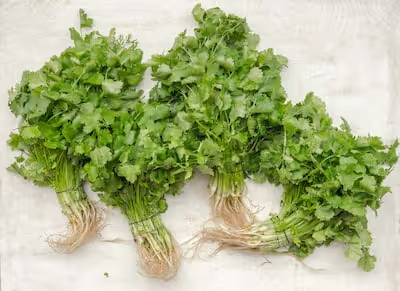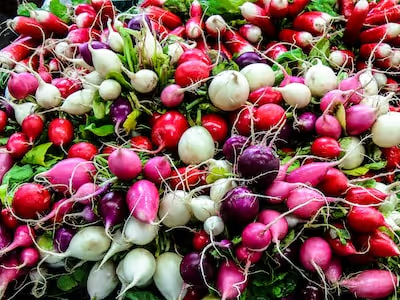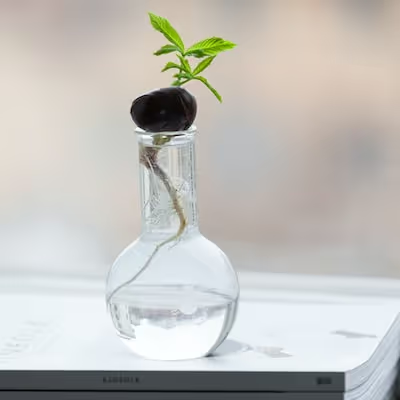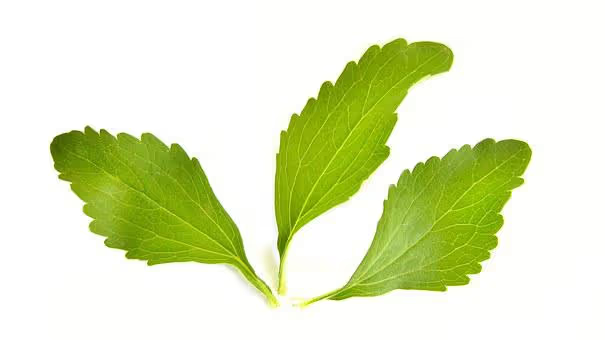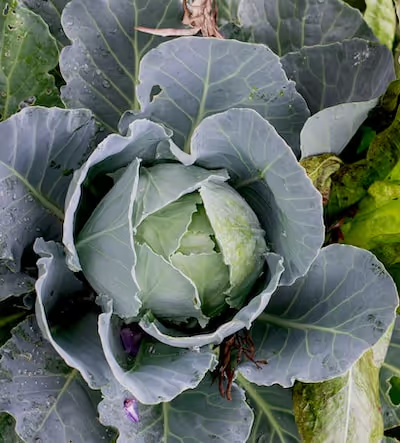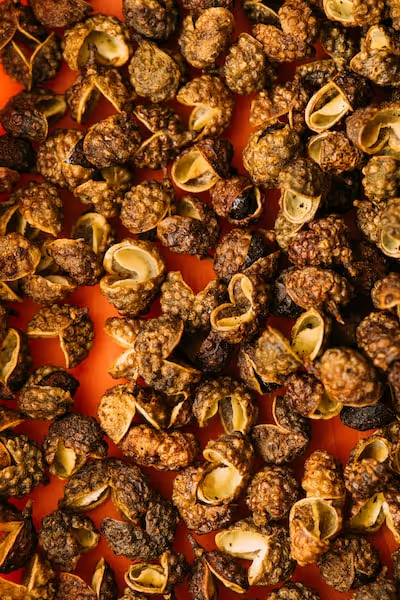Growing Elderberry: Cultivating Beauty and Subtle Elegance
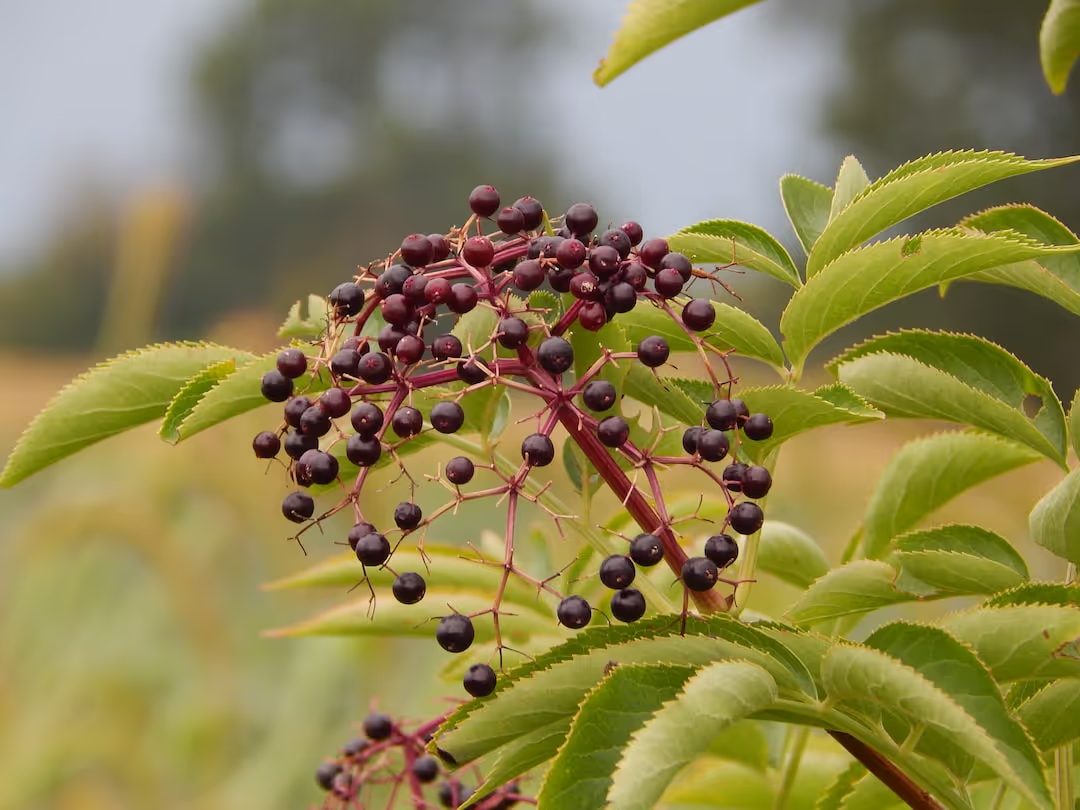
Growing Elderberry
Growing elderberry rewards gardeners with fragrant blossoms and clusters of deep purple berries perfect for syrups, jams or wine. Start by choosing a sunny spot with fertile, moist soil, plant elderberry bushes in early spring to give roots time to settle, and prune regularly to maintain vigor. By nurturing this charming plant, you'll savor abundant harvests and attract helpful pollinators—keep reading to uncover elderberry's quiet appeal.
Cheatsheet: Elderberry Growing Made Simple
🌱 Site Selection
- Sun: Full (6-8 hrs), tolerates partial
- Soil: Moist, well-drained, pH 5.5–6.5
- Spacing: 6–10 ft (1.8–3 m) apart
🛠 Tools and Products You'll Need
- Shovel
- Bypass pruners
- Soil test kit
- Organic compost
- Mulch (2–3 in/5–8 cm)
- Watering can or hose
- Elderberry plants (bare-root or potted)
- pH adjuster (lime or sulfur, if needed)
📦 Planting Steps
- Test soil pH, amend if needed
- Dig hole twice pot width, loosen soil
- Mix compost into backfill
- Plant at root crown, firm soil
- Water thoroughly after planting
- Mulch around base, avoid stem
💧 Watering & Feeding
- Irrigate weekly (1–2 in/2.5–5 cm), more in drought
- Top-dress compost spring & mid-summer
✂️ Pruning & Maintenance
- Prune late winter: remove weak, dead wood
- Renew by cutting 1/3 older canes to soil
🍇 Harvest & Use
- Harvest: late summer, berries deep purple-black
- Avoid raw berries—cook or process
- Rich in anthocyanins, vitamin C, antioxidants
- Popular for syrup, tea, preserves
🪲 Pests & Problems
- Net to deter birds
- Monitor for aphids, powdery mildew
- Remove debris, prune for air flow
🔁 Propagation Tips
- Root cuttings: late winter, 6–8 in (15–20 cm) sections
- Keep moist until rooted, then plant
🌿 Self-Sufficiency Perks
- 1 bush yields up to 12 lbs (5.4 kg) fruit/year
- Supports pollinators, wildlife
- Homegrown for immunity, wellness, culinary
-
Growing Elderberry: Cultivating Beauty and Subtle Elegance
I grow elderberry for the late-summer gloss of fruit, the pollinator buzz in June, and the way a hedge can anchor a garden like a bass line in a favorite track.
If you want fruit, habitat, and a graceful screen in one plant, you will not be disappointed.
What I mean by elderberry
Growing Elderberry usually refers to Sambucus canadensis and Sambucus nigra, both loved for edible black or purple berries after cooking.
Blue elder, S. nigra subsp. cerulea, does well out West, while red elder, S. racemosa, is ornamental and not used for typical syrups.
University of Missouri Extension: Elderberry performs best on moist, well-drained soils, pH 5.5 to 6.5.
Best cultivars I trust
- ‘Adams’: Upright, dependable clusters, pairs well with ‘York’ for pollination.
- ‘York’: Big berries, sturdy stems that hold clusters for easier picking.
- ‘Bob Gordon’: Hangs clusters upside-down which reduces bird losses in my hedge.
- ‘Wyldewood’: Vigorous and productive in heat with strong bloom.
- ‘Nova’: Compact habit, useful in smaller yards, cross-pollinates with ‘York’.
- European picks: ‘Samdal’ and ‘Samyl’ show high yields where winters are milder.
Cornell Cooperative Extension: Plant at least two genetically distinct cultivars for reliable fruit set.
Site and soil that keep plants humming
Give full sun for fruit, half day sun if heat is brutal, and shelter from hot dry winds.
They like consistent moisture, so aim for 1 to 2 inches per week, or 25 to 50 mm, using mulch to hold it.
I target a sandy loam or loam with organic matter at 5 to 7 percent for steady release of nutrients.
If your soil puddles, raise a berm 8 to 12 inches high, 20 to 30 cm, to discourage root rot.
Planting that sets you up for decade-long success
Space plants 6 to 8 feet apart, 1.8 to 2.4 m, for shrubs, or 4 to 6 feet, 1.2 to 1.8 m, in a hedge, with rows 10 to 12 feet apart, 3 to 3.6 m.
Set crowns at the same depth as the nursery pot and water in hard, then mulch 2 to 4 inches, 5 to 10 cm.
Pollination and bloom timing
Bloom runs late spring to early summer, with small cream flowers that draw native bees and syrphid flies like a street cart draws a lunch crowd.
Two cultivars that flower together beat one plant every time for yield.
Feeding and watering without overdoing it
In early spring I spread 0.5 to 1 pound actual nitrogen per 100 square feet, 0.25 to 0.5 kg per 10 square meters, using compost plus a light organic N source.
Elder will respond to nitrogen, but too much gives you jungle canes and lazy fruit.
Pruning for fruit and sanity
Year 1 and 2, let plants build frame, removing only weak or broken shoots.
From year 3 on, cut out canes older than three years at the base, keep 8 to 12 vigorous canes per plant, and tip back winter-killed ends to green wood.
Most of my best clusters form on one and two year canes, which keeps pruning simple and fast in February.
Yields and the numbers gardeners ask me for
University of Missouri Center for Agroforestry: 4 to 12 pounds per plant in home plantings, with commercial fields often producing 3,000 to 6,000 pounds per acre.
I hit the high end in rich river-bottom soil with drip and bird netting, and the low end on a windy ridge with thin topsoil.
Harvest without tears
Pick whole clusters when every berry looks fully dark and glossy, usually mid to late summer, then chill immediately.
I freeze clusters on sheet pans and comb off berries with a fork, which saves time and keeps stems out of the pot.
Safety that deserves repeating
CDC and NIH reports: Raw berries, leaves, and stems contain cyanogenic glycosides that can cause nausea; cooking makes fruit safe.
I simmer juice or berries for at least 10 to 20 minutes and strain through a fine mesh or jelly bag.
Never use red elder for syrup, and never serve raw fruit to kids or guests.
Pests, diseases, and the IPM that actually works
- Birds: Net entire rows with 17 mm mesh once color breaks, or plant sacrificial mulberries to distract them.
- Eriophyid mites and aphids: Hard, targeted water sprays in the morning plus horticultural oil before bloom if pressure builds.
- Cane borers: Prune out flagged tips below the gallery and destroy prunings.
- Leaf spots and mildew: Open the canopy with pruning, feed modestly, and water at soil level, not overhead.
- Root rot: Improve drainage or raise beds; elder likes moist soil, not a bathtub.
Climate sense
S. canadensis handles USDA zones 3 to 8, S. nigra prefers 4 to 7, and blue elder stretches into drier western sites.
Late frosts can singe flowers, so low spots are a gamble and a gentle north slope can be safer.
Propagation that never fails me
Hardwood cuttings in late winter, 8 to 10 inches long, 20 to 25 cm, stuck two buds deep in a sand and compost mix, root fast with steady moisture.
Softwood cuttings in early summer with a light rooting hormone also take well under shade cloth and bottom heat.
Design uses beyond fruit
A clipped hedge of ‘Adams’ gives a clean line, while a mixed thicket with ‘Bob Gordon’ and dogwoods pumps out wildlife value.
I underplant with moisture-tolerant comfrey for mulch, along with sedges, mint in buried barriers, and spring bulbs for early color.
What to buy and why it matters
- Plants: Buy named cultivars from reputable nurseries, not mystery seedlings that may never fruit well.
- Irrigation: Simple 0.5 gph or 2 lph emitters on drip lines spaced 18 inches, 45 cm, keep roots evenly moist.
- Netting: 14 to 20 mm mesh bird net, clips, and a few hoop supports save your crop.
- Harvest gear: Clean buckets, bypass pruners, nitrile gloves, and a chest freezer for quick destemming later.
- Processing: Steam juicer or stainless stockpot, fine strainer, pH strips for canning, and labeled glass bottles.
Fertilizers I have vetted
Composted poultry manure in early spring sets the table, and I correct low potassium with sulfate of potash at soil test rates.
If leaves pale midseason, I apply a light fish hydrolysate through drip once, then stop to avoid soft growth before frost.
Water strategy in heat
In 95 Fahrenheit, 35 Celsius, I increase frequency rather than volume to keep root zones oxygenated.
Two shorter irrigations beat one long soak on my silt loam, and mulch keeps the swing in check.
Comparisons and smart alternatives
- Elderberry vs aronia: Aronia laughs at drought, but elder wins on syrup flavor and faster juvenile yield.
- Elderberry vs serviceberry: Serviceberry gives earlier fruit and less pruning, elder gives higher juice yield per square foot.
- Elderberry vs blackcurrant: Blackcurrant shines in cool summers; elder tolerates heat and heavier soils better.
Flavor and kitchen notes from repeated batches
I blend elder with tart apple at 70 to 30 for jelly and add lemon peel to brighten the bass notes.
Dried berries make a clean tea, but I prefer frozen juice cubes that drop into seltzer like little grenades of summer.
Quick answers to common questions
- How long to first fruit: Often year 2, good yields by year 3.
- How tall: 6 to 12 feet, 1.8 to 3.6 m, depending on cultivar and pruning.
- How many plants: Two or more cultivars, three for tight bloom overlap and insurance.
- pH target: 5.5 to 6.5, slightly acidic.
- Sun: Six hours minimum for solid yield.
Field notes that saved me time
Late winter pruning is faster if you color mark 1, 2, and 3 year canes each season, then cut brown-marked elders to the base.
A sacrificial bird row on the windward edge reduced pecking by half in my trials, and it cost me two plants a year to protect twenty.
Credible sources worth reading
- University of Missouri Extension and Center for Agroforestry on elderberry production and cultivar performance.
- Cornell Cooperative Extension fruit guides on site selection, pruning, and pollination.
- USDA PLANTS database for species ranges and botany.
- CDC and NIH publications on cyanogenic glycosides and safe preparation.
Final gardener-to-gardener tip
Plant for fruit, prune for light, water like clockwork, and net right before color change.
Do those four and elderberry will repay you in glossy clusters and a yard that hums with life.
Frequently Asked Questions About Growing Elderberry
What soil conditions does elderberry require for optimal growth?
Elderberry shrubs thrive best in well-draining, fertile soil enriched with organic matter. Aim for slightly acidic to neutral soil, ideally with a pH level between 5.5 and 6.5. Incorporating compost prior to planting can boost growth and berry production.
How much sunlight do elderberries need?
For abundant fruit production and healthy foliage, elderberries require full sun to partial shade. Ensure the planting site receives at least 6 hours of direct sunlight daily for optimal growth.
How often should elderberries be watered?
Elderberries appreciate consistently moist soil but avoid waterlogged conditions. During the growing season, water moderately, providing roughly 1 inch (2.5 cm) of water weekly, adjusting for rainfall. Increase watering frequency during prolonged dry spells or hot summer periods.
When is the best time to plant elderberry shrubs?
The ideal planting period for elderberries occurs in early spring after the last frost or in early fall approximately 6 to 8 weeks before the first frost. Cooler temperatures help newly planted shrubs establish strong root systems before extreme weather arrives.
Do elderberry plants require regular pruning?
Yes, regular pruning stimulates vigorous growth and maximizes fruit yield. Prune elderberry shrubs annually in late winter or early spring, removing dead or weak branches, and maintaining a balanced, open canopy. Proper pruning encourages airflow, reduces disease risk, and strengthens plant vitality.
How can elderberries be effectively propagated?
Elderberries propagate easily through hardwood cuttings taken during dormant winter months. Cuttings approximately 8 to 10 inches (20 to 25 cm) long root readily in moist, well-drained soil mixtures. Alternatively, layering methods, where branches bend to contact the soil, offer another reliable propagation technique.
Are elderberries susceptible to pests or diseases?
While generally resilient, elderberries can occasionally attract pests such as aphids and borers or diseases like powdery mildew and leaf spot. Regular inspection and timely intervention, including pruning infected material, adequate spacing, and applying organic controls, effectively manage these issues.
When can elderberry fruits be harvested?
Elderberry fruits typically ripen between late summer and early autumn, around August to September in most regions. Harvest clusters when berries appear dark purple to black, plump, and shiny. Prompt harvesting ensures best flavor and prevents birds from diminishing yields.
Do elderberries require fertilization?
Periodic fertilization supports vigorous growth and fruit production. Apply a balanced, organic fertilizer or compost annually in early spring. Avoid excessive fertilization, which encourages lush foliage at the expense of berry production.
Growing elderberry is a lesson in patience, reward, and subtle beauty. These shrubs ask for little—modest soil, adequate sun, a bit of water—and in exchange, they gift you clouds of delicate blooms and dusky fruit with a wild, old-world elegance. Give them space, prune with intention, and keep weeds at bay. The payoff is more than just flavor: it’s structure, pollinators, and a sense of rooted history in the garden. If you’re looking to add other fruiting shrubs with similar charm, you might also consider buffaloberry for a rugged, edible hedge. In the end, a thriving elderberry patch doesn’t shout; it hums quietly, a low note of richness and grace that lingers long after harvest.
The Homesteader's Advantage: Elderberry for Health and Self-Reliance
Medicinal and Nutritional Benefits
- Elderberries boost immunity; high in vitamin C, antioxidants, and anthocyanins.
- Homemade syrup or tincture eases cold symptoms; studies show elderberry reduces illness duration up to two days.
- Elderflower tea offers anti-inflammatory properties and calms seasonal allergies.
Optimal Varieties for Self-Sufficient Homestead
- Sambucus canadensis ('Adams'): Cold-tolerant; reliable, heavy yields ideal for syrup and jams.
- Sambucus nigra ('Haschberg'): Abundant European cultivar; flavorful berries favored for wines, tinctures.
- Sambucus canadensis ('York'): Compact shrubs; exceptional choice for limited acreage; consistent fruiting.
Integrated Companion Planting to Maximize Yield
- Bee balm, yarrow, and dill planted near elderberries attract pollinators, beneficial insects.
- White clover under elder shrubs fertilizes organically, improving nitrogen levels naturally.
- Establish elderberries near orchards; enhances biodiversity, deters pests from fruit trees.
Efficient Harvest and Storage Practices
- Harvest berry clusters quickly by pruning entire umbels; freeze immediately to preserve nutrients.
- Dried berries stored in airtight glass jars remain viable medicinally and nutritionally for up to one year.
Livestock and Wildlife Integration Tips
- Elder leaves mildly toxic; fence off plants from goats and cattle; poultry safe, helps control berry pests.
- Wild birds attracted to elderberries; strategically plant bushes to divert birds away from vegetable gardens.
Find out which plants will thrive in your garden!
Answer a few fun questions and get custom plant recommendations perfect for your space. Let’s grow something amazing together!

start your season
